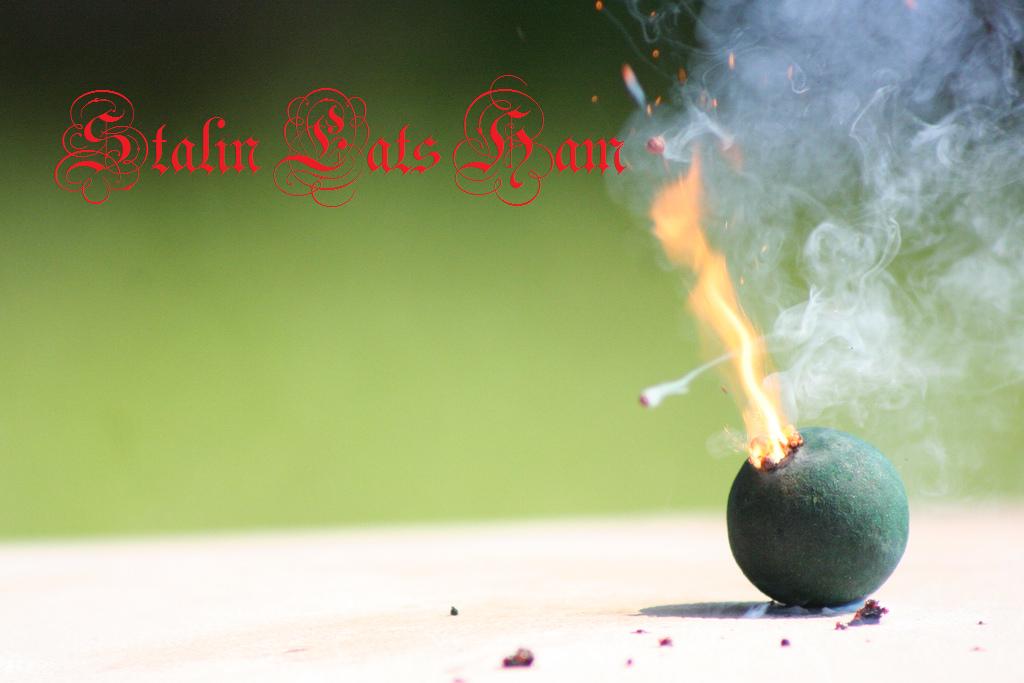
No, let's really sit down and think through this, and let it not make sense. Come forward, you ambiguous, you answerless realm, the best direction to something. I seek you.
First, a hand reaches into a dark box and produces a photograph. In the hand: a tissue of something we designate a reality, but at a [remove]; somehow lacking in something, restrained from an experiential potentiality. The photograph is now pushed into my hand. I can look at it, describe it, write about it, it can illicit an emotional response in me, I can engage in it in many ways, save one--the reality of the photograph does not surround me. I am not present spatially/temporally. Either the image or I am a corpse, out of sync with the clock, motionless. I cannot alter, manipulate with the real subject of the photograph, nor can it do the same to me. I cannot touch the shallow waters and stir ripples, I cannot pull the posters from the wall. Only phantoms, without all sense. I hold in my hand a translation, an echo of what reality appears. I am victim to this tyrant. I gnaw on these dinosaur bones.
Or, counter-intuitively, does the photograph hint at a greater potentiality? The experiences produced from photographic image-engagement are merely projected towards a different vector. But are the experiences really different between the thing and the image of the thing? After all, isn't everything we experience image? Are we then all at a remove from reality? Suppose our reality is mere image; what, then, is a photograph? Just another element of that image, meta-image.
Moving forward, into celluloid, quickening the pace of the still, even closer to the experiential world that surrounds us. Motion pictures, a series of images moving at great speed: how are these not reality? The time traveller sees into a past: "real birds" "real children"--how is he seeing? How are they to be called "real"? Images pour out and mix.
How do we define reality? How do we define image? Consider that all we have is image: all five senses are image-based. Lacking image, we are not only blind, but devoid of all other abilities. Image is the grammar of the mind, the fundament; even the word is subservient to it. Language is our best method of image-translation, of picture-communication. An examination of language in tandem with image is the best way to come to an understanding of language, thought and the nature of reality. Here comes forth an awareness of the contingencies of language, human thought and our relationship with the "outside" world. Amazingly enough, the humble, unassuming discipline of composition navigates best this direction--invites philosophy in the most profoundest sense, asks deep ontological and epistemological questions, and overlaps into disciplines as foreign to English departments as theoretical physics and neuroscience.
I pause here at the devoid point.


No comments:
Post a Comment